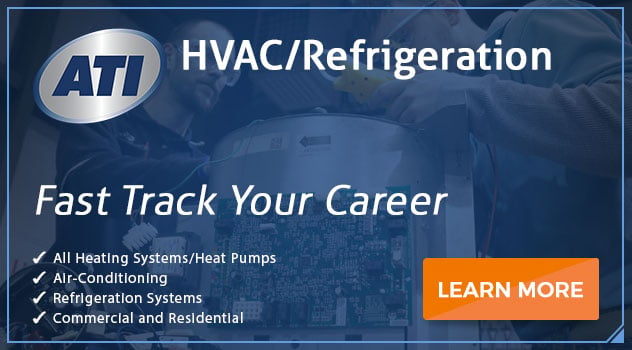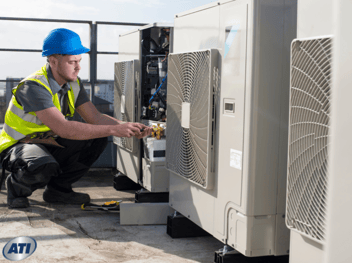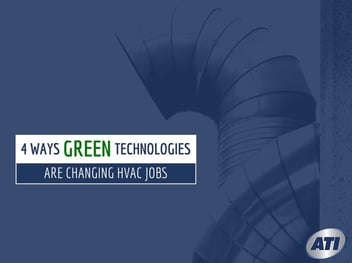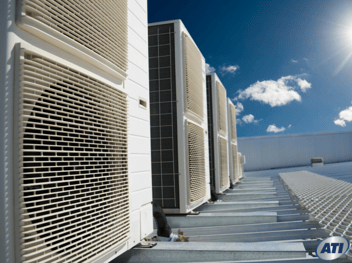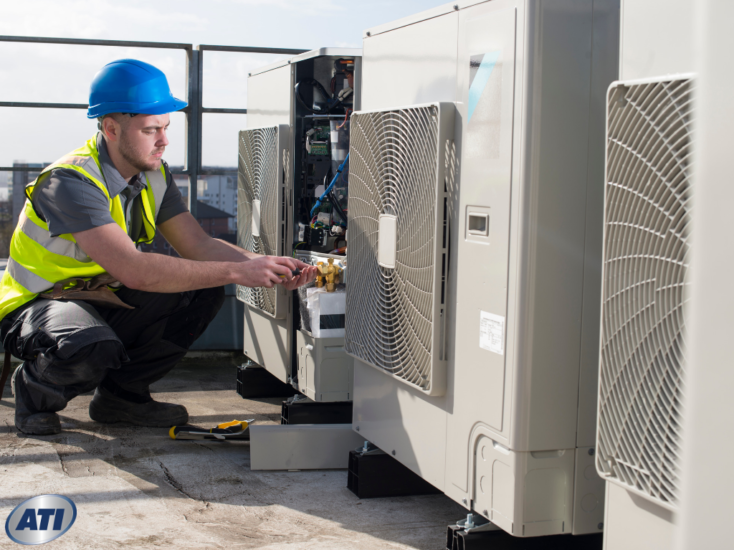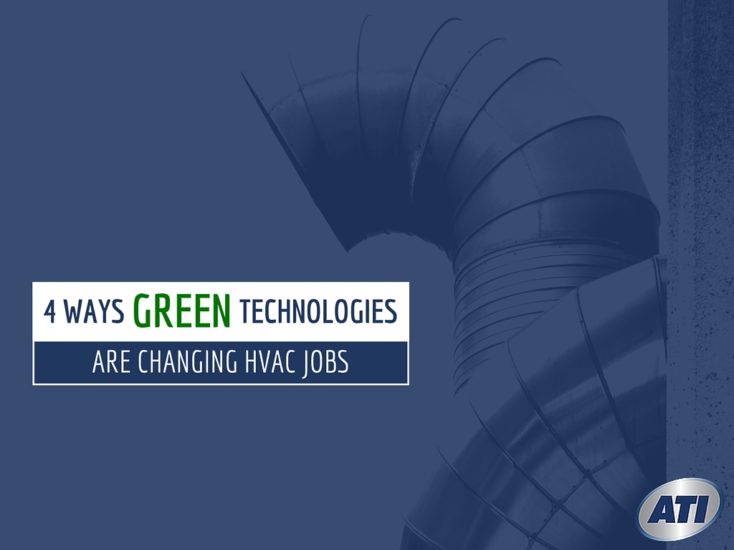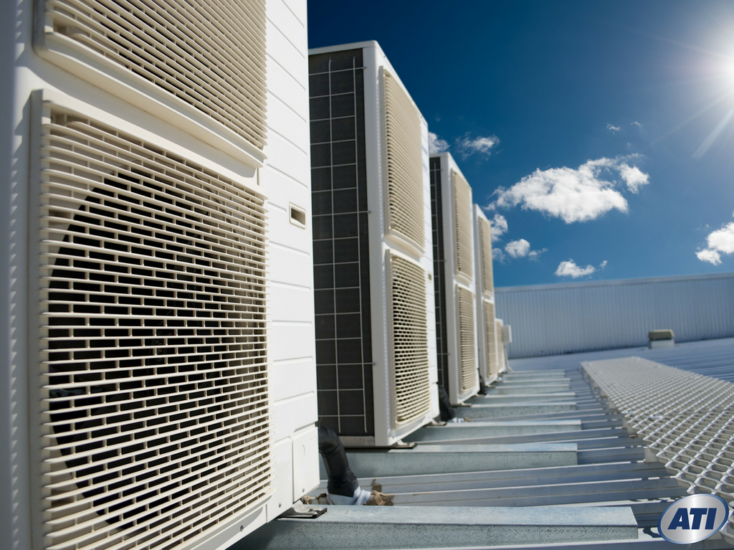HVAC Fundamentals for Studying in Hampton Roads?
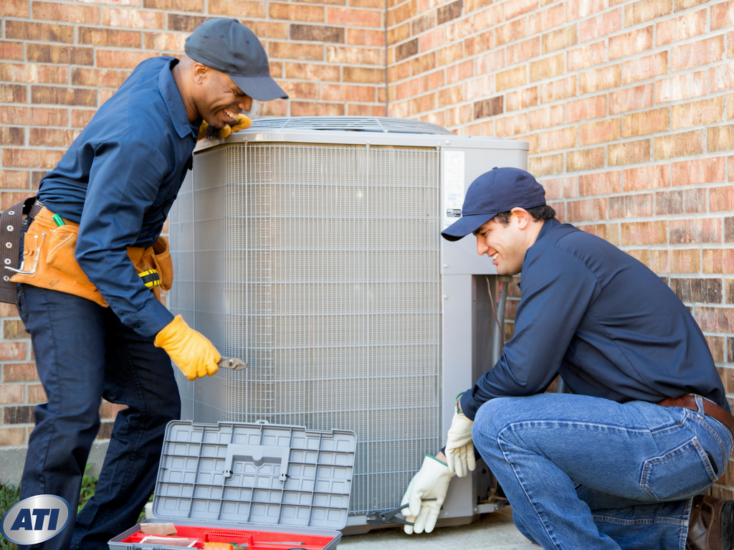
Not even the Virginia tourism corporation can dress up this truth: the Hampton Roads area is, to quote Virginia is For Lovers, “a bit ‘sticky’ due to the abundant water along the East Coast with the Chesapeake Bay and the Atlantic Ocean as well as the Potomac, Rappahannock, York, and James rivers and their tributaries.” Translation: the humidity is horrible. That makes this area an ideal learning laboratory for HVAC training.
Hampton Roads Needs HVAC!
The Hampton Roads area is not only a great place to learn and study heating, ventilation and air conditioning (HVAC); it is also an ideal place to pursue the HVAC business. As Sperling’s Best Places put it in creating their climate profile of the Hampton area, they “applied a penalty for days of excessive humidity.” With summer temperatures hovering in the high 80s and humidity levels (extrapolated from summer dew points) well above the national average, Hampton Roads has more than its share of hot, sticky weather.
HVAC technicians must be proficient not only in keeping heating systems running, but in getting dehumidifiers and central air conditioners to rid indoor air of excess humidity. If you can learn to do that in Hampton Roads, you can transfer those valuable skills anywhere.
HVAC equipment that rids indoor air of “sticky” humidity includes all these parts:
- Outdoor air condenser and compressor
- Outdoor fan
- Indoor evaporator and chiller
- Air handler
- Air filter
- Condensate drain line
- Heat pump
A good HVAC technician knows how to work with an entire integrated central air conditioning system or a complete heat pump. Simply cleaning bacteria and algae off an evaporator coil, for example, is not enough if the condensate line is clogged.
Studying HVAC
Seasoned HVAC professionals have a lot of knowledge picked up on the job. They may be hard pressed to specify where they learned some of their seemingly intuitive knowledge, but they just “know” about gas laws, brazing methods, electrical circuits, and all the other details they need to do their jobs.
A new HVAC technician will know some topics thoroughly, but for many areas, knowledge will seem awkward, untested, or elusive. Continual study in the industry is common, but most of the learning is done on site, through hands-on experience.
Consider, for example, applications of gas laws. Sure, you need classroom learning to get the theory, but until you are hooking up refrigerant lines and charging them with environmentally safe refrigerant, you will not truly “know” about gas laws.
So how does a budding HVAC technician go about studying all the topics? Since the business is hands-on, you can practice some techniques in a shop:
- Brazing
- Building and troubleshooting electrical circuits
- Fabricating sheet metal into straight ducts, elbows and registers
Some topics are almost strictly book and classroom learning:
- Computers
- Principles of air conditioning
- Digital controls
- Technical writing
Under the careful tutelage of HVAC professionals, the HVAC trainee can also get on-the-job experience with issues like installing air ducts, hooking up furnaces and heat pumps, and assembling commercial refrigeration systems. These are not the sort of elements of HVAC that could be easily tackled in a shop — you need to learn about them by satisfying customer demand for them in real situations throughout the Hampton Roads area.
Keen Competition
While HVAC is a booming industry, competition for the best positions will always be keen. The Bureau of Labor Statistics (BLS) projects 15 percent growth from 2016 through 2026, more than double the average job growth of seven percent. With median annual wages of $47,080 (as of May 2017), HVAC work is highly desirable.
In the Virginia area, competition is even tighter, offering higher annual median wages than the national average. For Virginia, BLS says HVAC technicians typically made $49,520 as of May, 2017.
So how will a HVAC technician stand out to employers? Thorough, solid education is a great start. Earning an Associate in Occupational Science (A.O.S.) degree through a concentrated program in Heating, Ventilation, and Air Conditioning (HVAC) Technology will definitely be an advantage.
Working in an innovative program that ensures classroom theory and actual hands-on work, an HVAC student can amass enough knowledge to be immediately useful, after graduation, to a Hampton Roads HVAC company. From there, with on-the-job learning and further certifications, your confidence, skills and income all grow.
A career in HVAC could be your path to personal satisfaction and financial security. Contact Advanced Technology Institute today, ask your Associate in Occupational Science in HVAC Technology with Service Management questions, get straight answers, and get started on an HVAC career quickly.
Industry Knowledge
Welcome to the Advanced Technology Institute's Blog, your resource for industry insights and discussions on technologies shaping the future of automotive, heavy vehicle, hvac, welding, and other related career paths.
Explore how ATI's curriculum and hands-on learning opportunities can propel your career in the tech-driven world.
